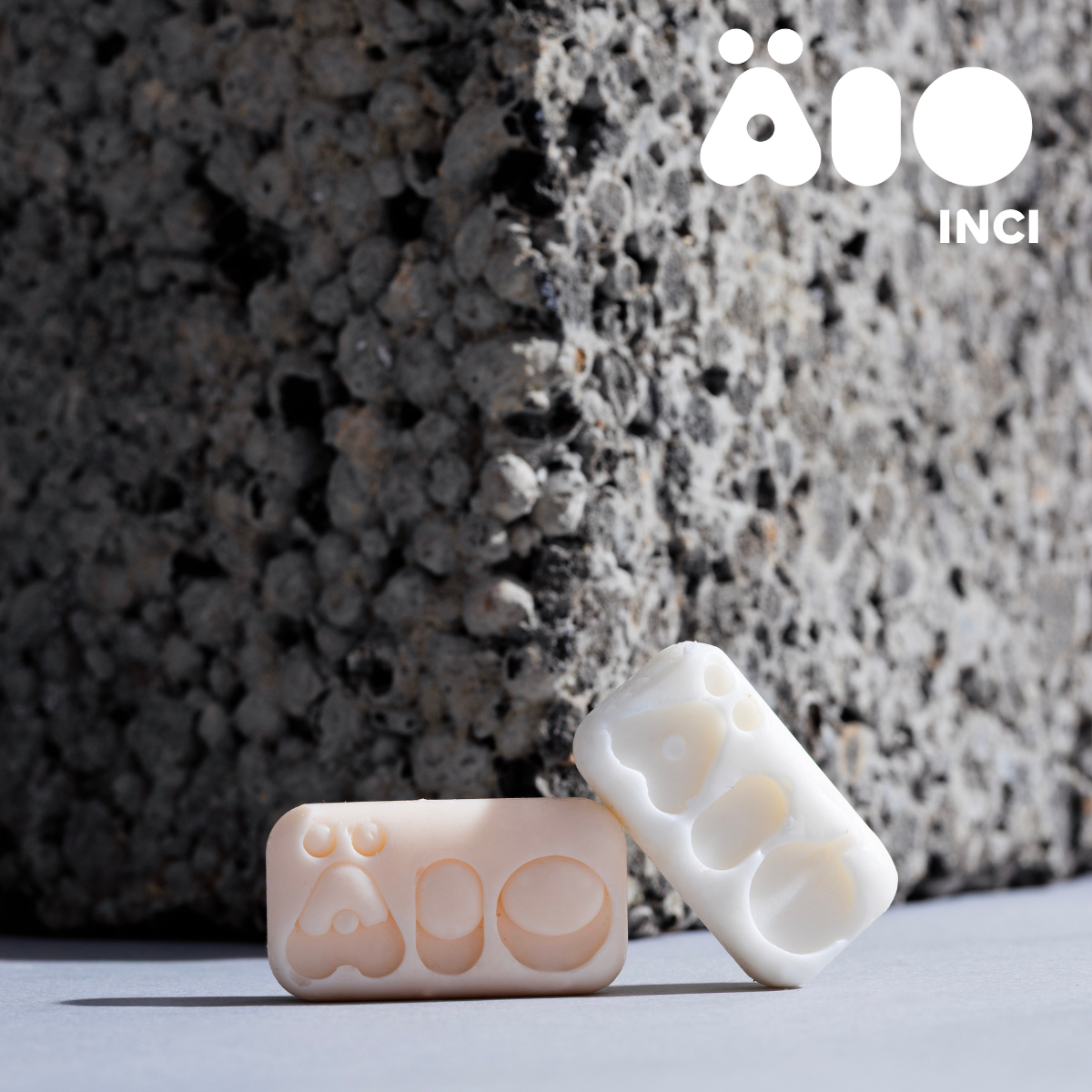ÄIO’s ingredients now have official INCI names
What Is an INCI Name and Why Does It Matter?
When browsing your favourite cosmetics, you’ve probably seen ingredient names like Cocos Nucifera Oil or Olea Europaea Fruit Oil on the label. These aren’t just fancy ways of saying coconut or olive oil, they’re INCI names.
INCI, is the global standard for identifying what’s inside your creams, serums, and balms. But why is this system important? And how does it help new biotech ingredients like ours at ÄIO reach the world?
What is an INCI name?
An INCI name is an internationally recognised, standardised name given to cosmetic ingredients. Developed by the International Nomenclature Committee (INC) and published by the Personal Care Products Council (PCPC), INCI ensures ingredients are listed consistently and transparently on product packaging.
The system uses a mix of Latin, scientific and English names to bridge language and regulatory barriers, making it easier for formulators, regulators, and consumers to understand what’s in a product.
Familiar examples:
- Coconut oil = Cocos Nucifera Oil
- Olive oil = Olea Europaea Fruit Oil
- Grape seed oil = Vitis Vinifera Seed Oil
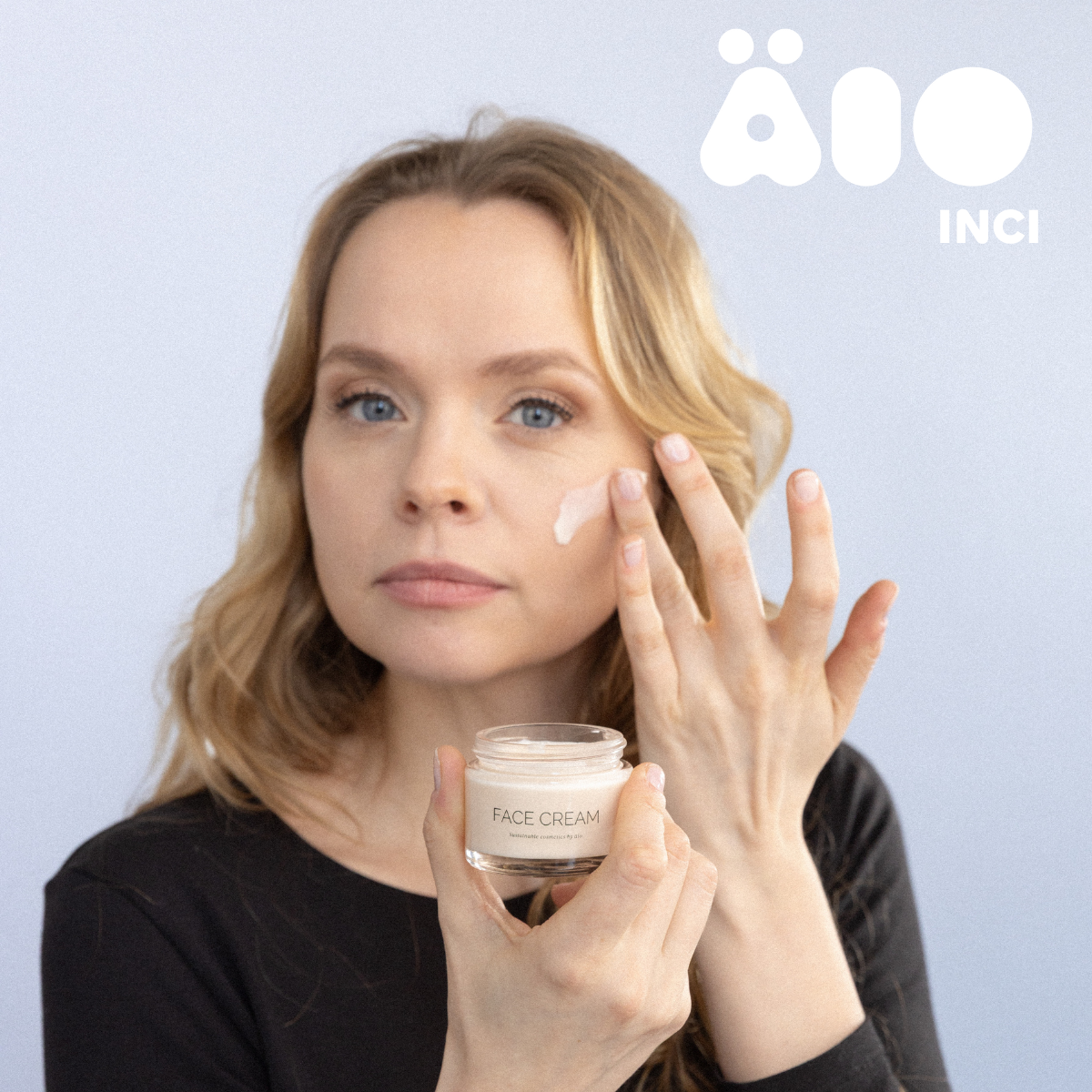
ÄIO’s ingredients now have official INCI names
We’re thrilled to announce that all three of ÄIO’s fermentation-derived oil ingredients have now been assigned INCI names — a major milestone in scaling our impact in the cosmetics and personal care industries.
- Red Oil = Rhodotorula Oil
- Encapsulated oil = Rhodotorula Ferment
- ZymaLipid Complex = Linoleic/Oleic/Palmitic Acid
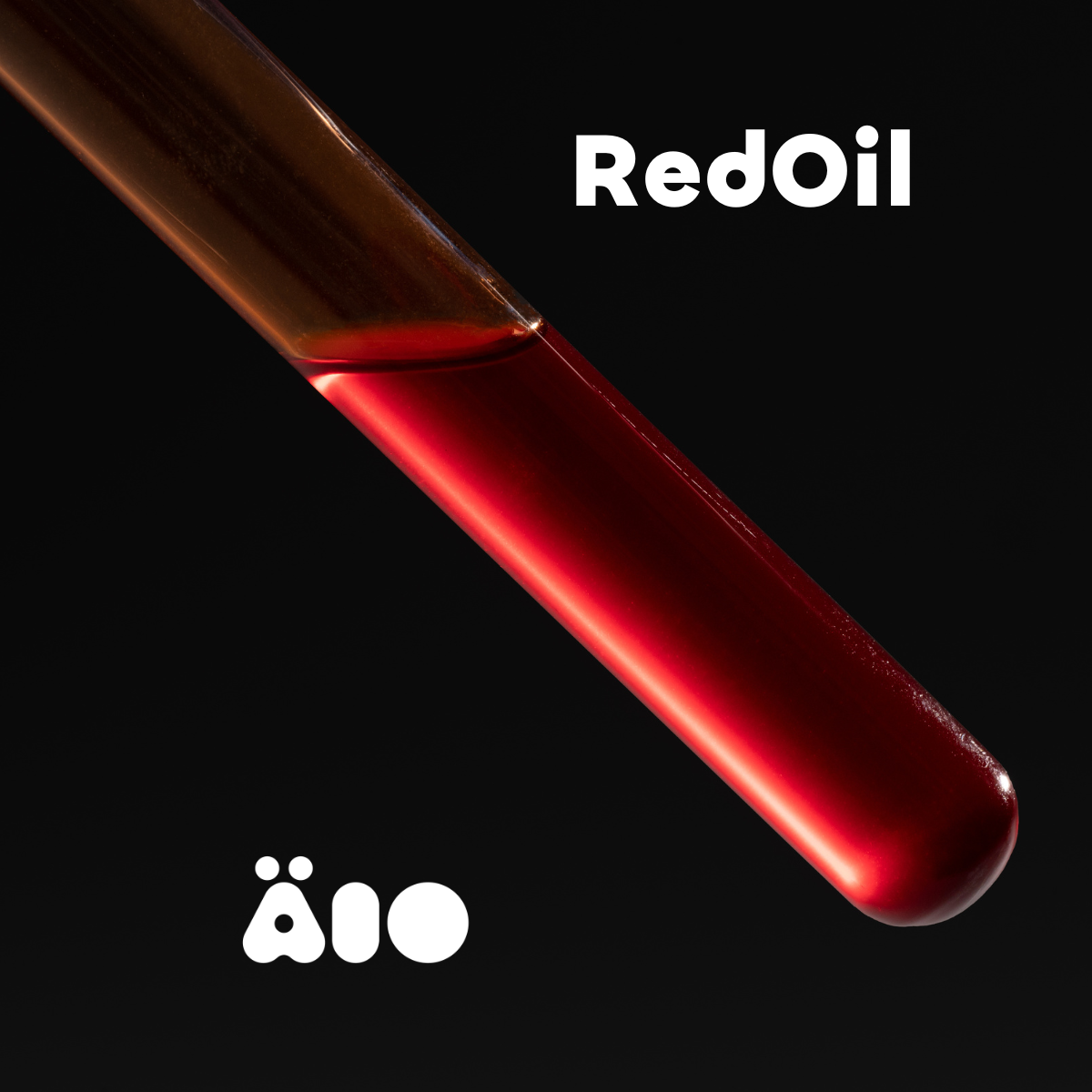
ÄIO’s Red Oil = Rhodotorula Oil
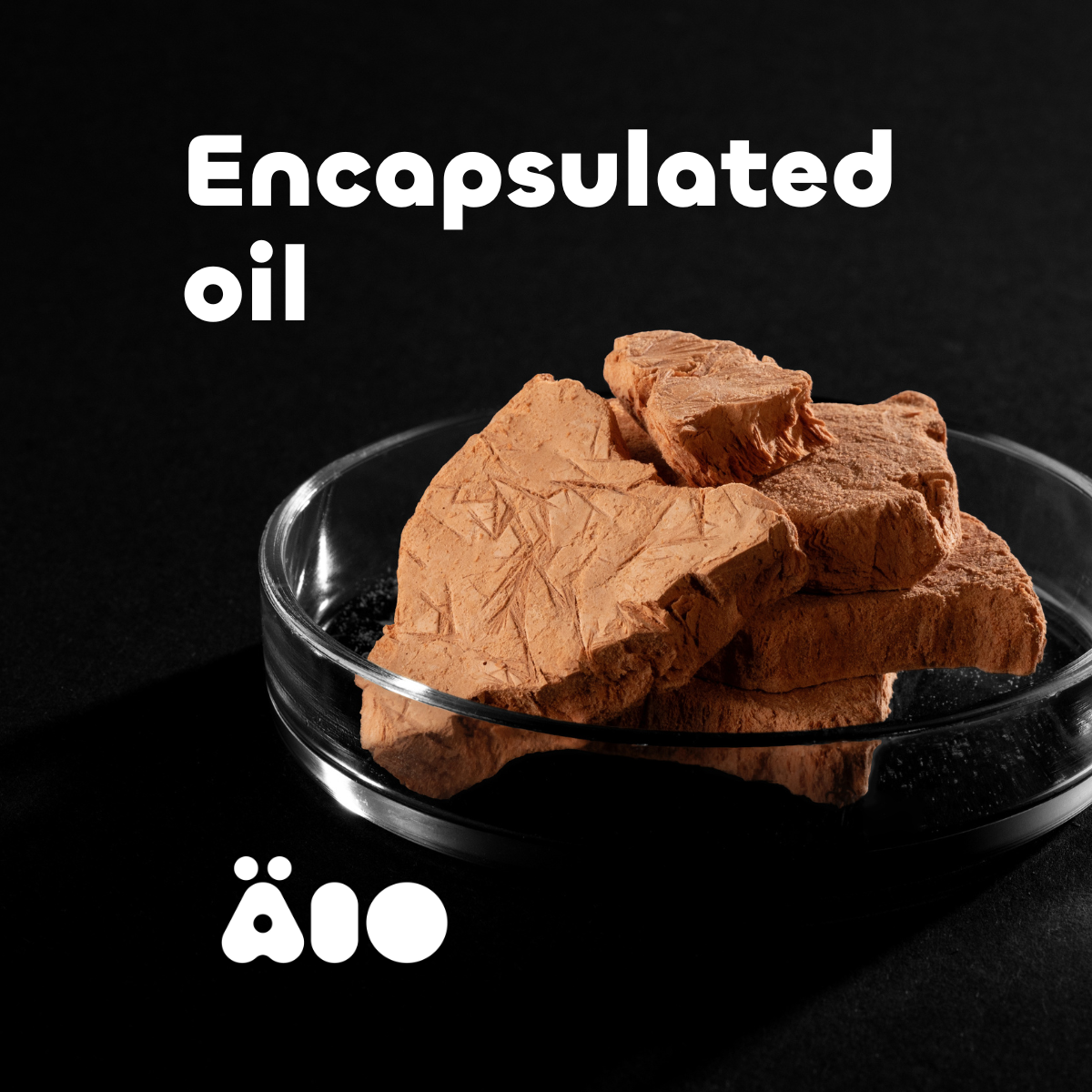
ÄIO’s Encapsulated oil = Rhodotorula Ferment
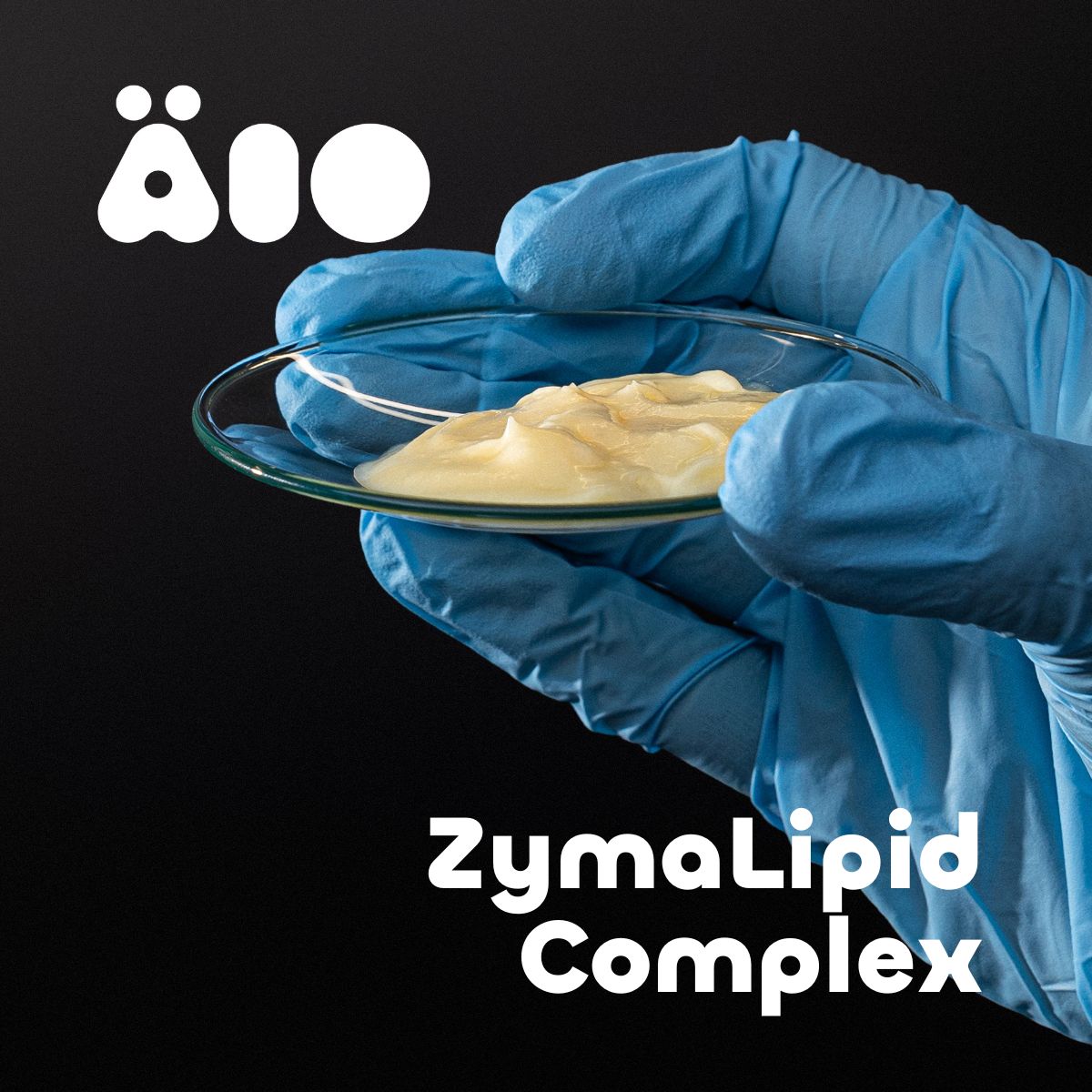
ÄIO’s ZymaLipid Complex = Linoleic/Oleic/Palmitic Acid
These names may sound technical, but they’re essential for integrating biotech innovations into global product formulations.
Why are INCI names important?
INCI names:
- help formulators select ingredients with confidence
- ensure regulators can assess product safety and labeling across markets
- enable consumers to identify allergens or check for ethical claims (like vegan or cruelty-free)
- support innovators like ÄIO in bringing sustainable, novel ingredients into mainstream use
From scientific name to shelf-ready
Securing these names is not just a paperwork exercise, it’s a necessary step to bring our microbial oil alternatives to formulators and brands working toward cleaner, greener products. INCI names are reviewed and assigned by expert bodies such as the Personal Care Products Council (PCPC) and validated through databases like CosIng, the EU’s official cosmetics ingredient registry.
Let’s shape the future of sustainable beauty!
At ÄIO, we’re turning side-streams into high-value oils and fats that can replace fossil-based or palm-derived ingredients. If you’re working on circular beauty solutions, let’s talk. Get in touch to explore how we can build a more sustainable industry together.
